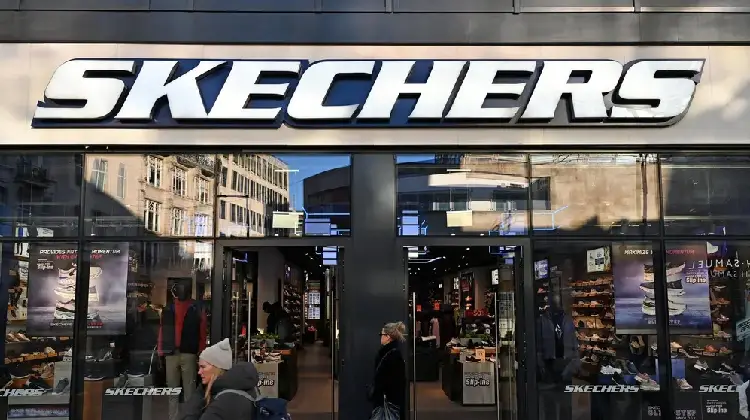Footwear giant Skechers, a household name known for its comfortable and casual athletic styles, is poised to transition into a private entity. In a significant development, the company has agreed to be acquired by the investment firm 3G Capital in a deal valued at approximately $9.4 billion.
This major buyout, one of the largest in the history of the footwear industry, comes at a turbulent time for global trade, with escalating tariffs, particularly those imposed by the United States on goods from China, casting a shadow over the sector’s future.
3G Capital’s offer of $63 per Skechers share in cash represents a substantial 30% premium over the company’s 15-day volume-weighted average stock price. This all-cash deal, unanimously approved by the Skechers board, also presents an alternative for existing shareholders to receive $57 per share along with an unlisted equity unit in a newly formed private parent company.
Following the completion of the acquisition, expected in the third quarter of 2025, Skechers’ common stock will cease to be listed on the New York Stock Exchange.
This move to go private arrives shortly after Skechers withdrew its full-year financial outlook in April, citing “macroeconomic uncertainty stemming from global trade policies.” The company, like many others in the footwear industry, has expressed concerns about the impact of rising tariffs on goods manufactured in Asia, particularly China, which accounts for a significant portion of Skechers’ production for the U.S. market.
The escalating trade tensions, spearheaded by increased U.S. tariffs on Chinese imports, have created a volatile environment for consumer goods companies with extensive overseas manufacturing operations. Skechers, along with industry giants like Nike and Adidas, had even signed a letter urging President Trump to exempt footwear from reciprocal tariffs, warning of potential job losses and increased costs for American consumers.
Analysts suggest that the challenging macroeconomic landscape, driven by tariffs and weakening consumer sentiment, may have accelerated the discussions for this acquisition. Going private could offer Skechers a respite from the scrutiny of Wall Street, allowing it to navigate these turbulent times and implement strategic adjustments away from the public eye.
Despite the change in ownership, Skechers will continue to be led by its current management team, including Chairman and CEO Robert Greenberg, President Michael Greenberg, and Chief Operating Officer David Weinberg. This continuity suggests a shared vision between Skechers and 3G Capital for the long-term growth of the business.
Skechers, which reported record revenues of $9 billion in 2024, operates over 5,300 stores globally. The company’s strategy of delivering style, comfort, quality, and innovation at an affordable price is expected to remain central to its operations under private ownership. 3G Capital, known for its investments in major consumer brands like Restaurant Brands International (parent of Burger King and Tim Hortons), brings its expertise in long-term value creation to this partnership.
The acquisition marks a significant turning point for Skechers, a company founded in 1992 that went public in 1999. Becoming a private entity under the ownership of 3G Capital could provide the stability and flexibility needed to weather the current economic headwinds and pursue long-term growth strategies without the immediate pressures of quarterly earnings reports. While the shadow of tariffs looms large over the industry, this $9.4 billion deal represents a substantial bet on the enduring appeal and future profitability of the Skechers brand.
Key Highlights:
- Skechers will be acquired by 3G Capital for $9.4 billion, taking the footwear company private.
- The deal comes amidst concerns about the impact of U.S. tariffs on goods from China, where Skechers has significant production.
- 3G Capital offered $63 per share, a 30% premium, with an alternative option for shareholders.
- The current management team, including CEO Robert Greenberg, will continue to lead Skechers.
- Analysts suggest the move to go private may help Skechers navigate the volatile macro environment and tariff pressures away from public scrutiny.

